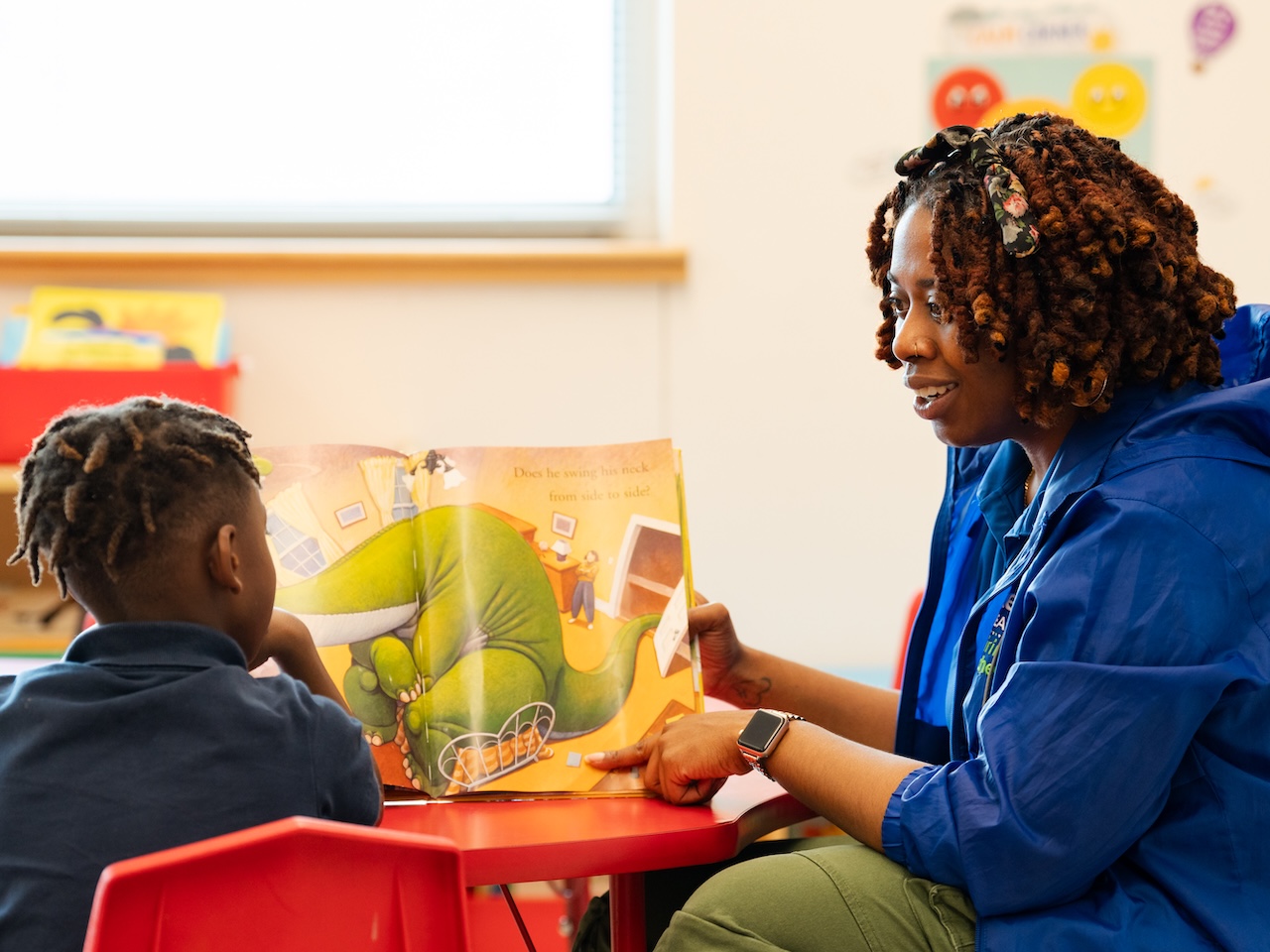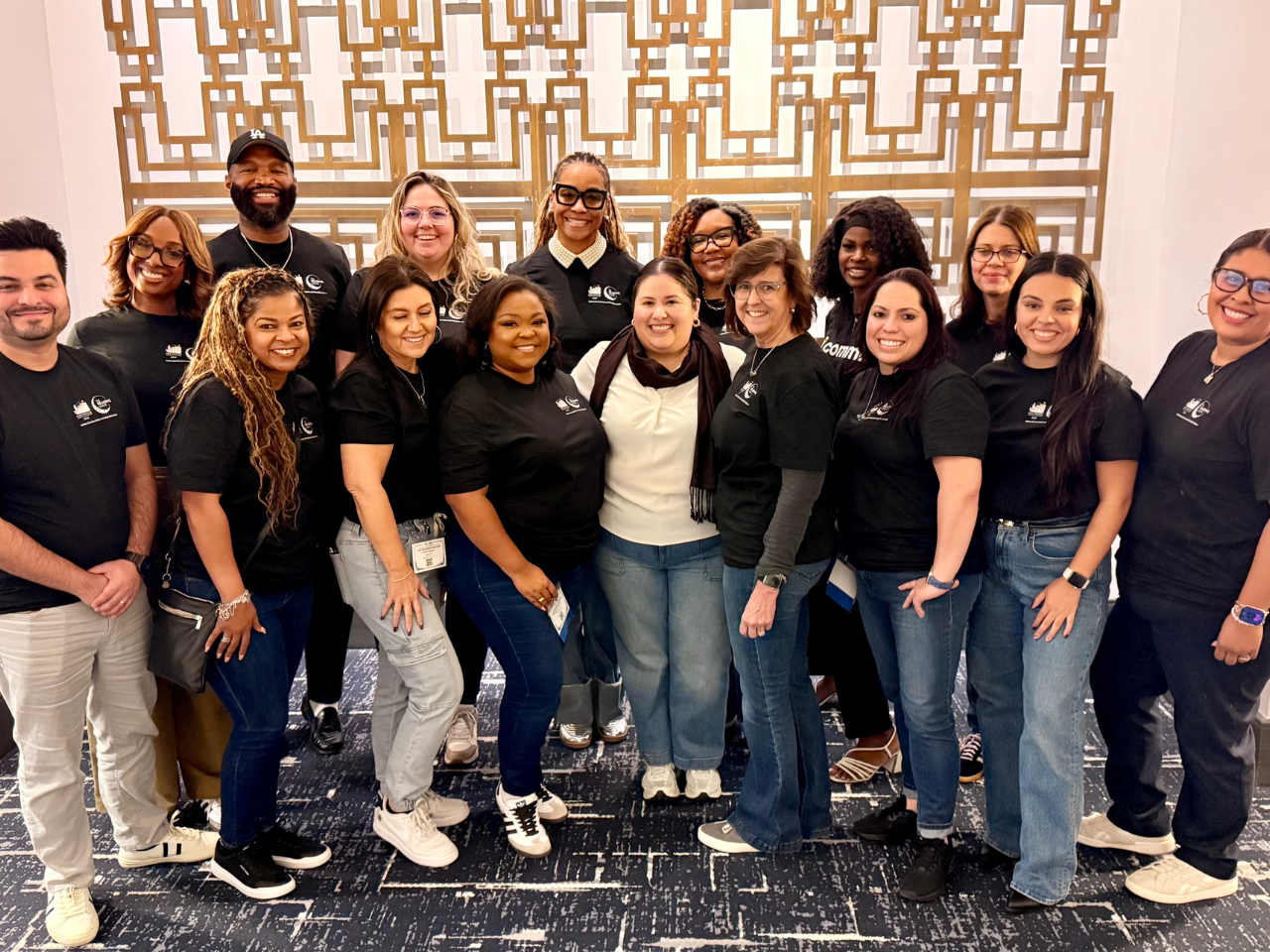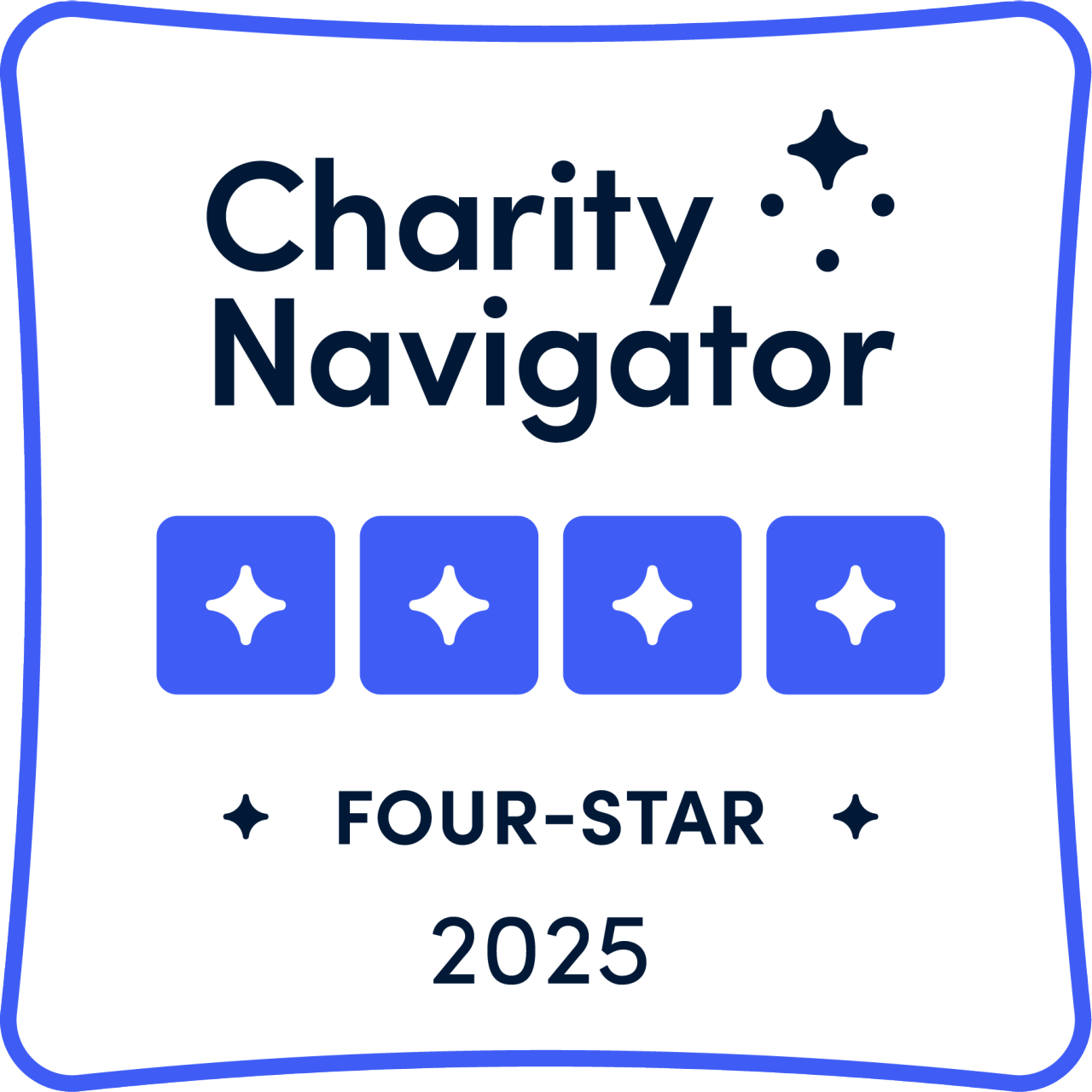Cedar Crest Elementary makes steady gains under transformational leadership




This blog is part of an ongoing Bright Spot series that highlights the efforts of schools and districts to improve student outcomes.
Cedar Crest Elementary School, which serves a high population of students experiencing economic disadvantage, has made significant educational progress under the leadership of Principal Stacy Ray. With a strong cultural emphasis on achievement both inside and outside the classroom, the school has seen notable improvements in student outcomes.
Recently, the Texas Education Agency released A-F accountability ratings for school systems and campuses for the first time in two years. These ratings (delayed due to a lawsuit) reflect performance from the 2022–2023 school year and track several indicators, including student achievement, academic growth, and progress toward closing gaps between different student subgroups.
In 2019, Cedar Crest received an overall score of 54, earning an F rating. By 2022, the school had made significant progress, improving to a score of 69—just shy of a C. Then, in 2023, Cedar Crest reached a major milestone by earning a B rating with a score of 89. This steady, year-over-year improvement in accountability ratings reflects the school’s unwavering commitment to student success, driven by strategic priorities and targeted initiatives focused on academic growth and support.
“We pride ourselves on high-quality instruction, having a growth mindset, and inspiring relationships with students,” said Principal Ray.
Principal Ray emphasized the importance of high-quality instructional materials, primarily in reading and math—subjects where students were notably struggling. Since many weren’t reading at grade level by third grade—a critical milestone in a student’s academic journey—she prioritized strategies to build foundational reading skills, such as phonemic awareness and phonics. Similar initiatives were introduced in math to strengthen number fluency. To further support skill development, Ray incorporated intervention periods into the school day to provide students with targeted, personalized instruction.
To ensure a sustained focus on academic progress, Principal Ray has built a school culture that celebrates growth. As students achieve key milestones, they are recognized with a variety of incentives—such as pizza parties, certificates, game days, and other forms of acknowledgment—that keep them motivated and engaged.
Ray also recognizes that student success is closely tied to teacher success. Before her arrival, Cedar Crest experienced high staff turnover. Determined to change that, she made it her mission to recruit educators with a proven track record of producing academic gains for struggling students. She supports staff through professional development that includes regular feedback, observation cycles, and the use of formative and summative assessments. Teachers are also offered leadership and promotional opportunities, further strengthening a culture of continuous improvement.
“We try to build distributed leadership. We grow our teachers in areas, teachers that want to be instructional coaches or counselors or want to be AP’s and then particularly want to be principals – just giving them the opportunity to do the work of what leaders do,” said Principal Ray.
Ray understands that for students to thrive academically, their social and emotional needs must also be met—especially in a community where many face economic hardship. From stocking classrooms with snacks, to ensuring counselors are readily available to hosting group discussions centered on real-life experiences and even providing essential uniform items—Ray is committed to creating an environment where students feel supported, safe, and ready to learn. Through these efforts, she is helping shape confident, resilient future leaders—one challenge at a time.
“We try to address all of their social and emotional needs before they get to the classroom,” said Principal Ray.
As STAAR data shows that Cedar Crest would likely remain a B-rated campus for the 2024 school year (though that rating, too, is held up by another lawsuit), Principal Ray is committed to continuing the initiatives she has established, while also shifting some focus toward building high-quality pre-K experiences. Studies show that students who are exposed to early learning opportunities are more likely to enter kindergarten ready than their peers who are not. By expanding support to the youngest learners, Ray is working to ensure all students at Cedar Crest get the strong start they deserve—laying the foundation for long-term academic success.








.avif)